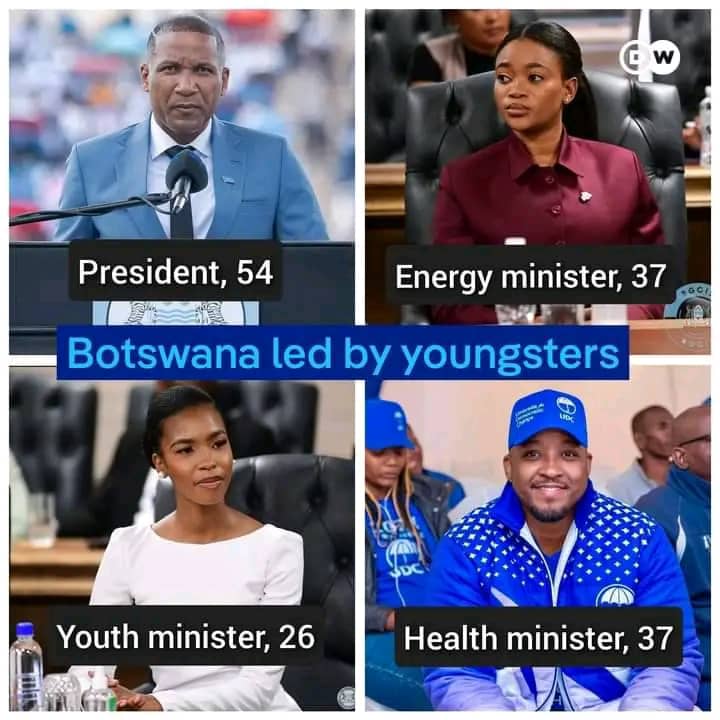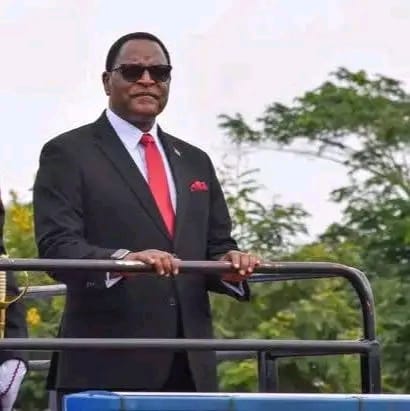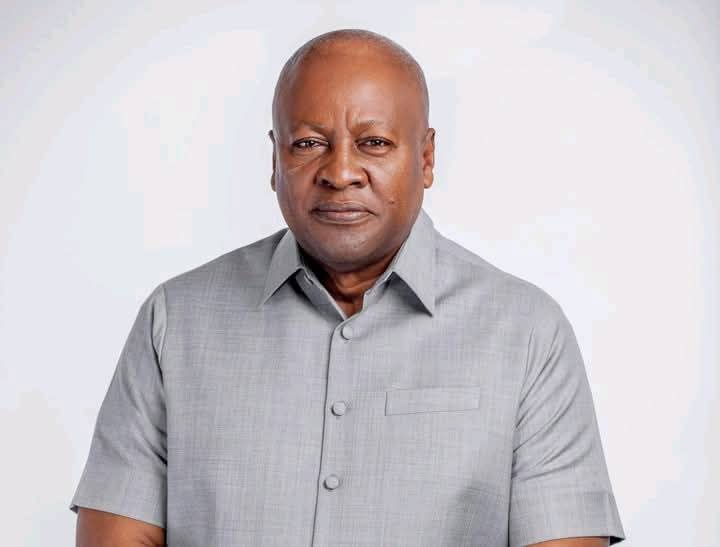By Burnett Munthali
Gaborone, Botswana – In a bold move to shape the future of Botswana, newly appointed President Duma Boko has selected a dynamic and youthful group of ministers for his cabinet, underscoring his commitment to empowering the younger generation and driving forward progress in key sectors such as health, energy, and youth affairs. The cabinet appointments are being hailed as a significant step in Botswana’s political evolution, with a clear focus on innovation, youth leadership, and a modern approach to governance.
Among the most notable appointments is that of Dr. Stephen Modise, who at 37 years old has been appointed as Botswana’s new Health Minister. Modise, a highly educated medical professional, brings both expertise and fresh perspectives to a sector that remains a cornerstone of public welfare in the country. His appointment signals President Boko’s commitment to addressing healthcare challenges, particularly as Botswana continues to fight against the impacts of the COVID-19 pandemic and works toward improving its healthcare infrastructure.
Bogolo Kenewendo, also 37, has been tapped to head the Ministry of Energy. A former Member of Parliament and a prominent economist, Kenewendo is widely recognized for her work in economic policy and development. Her appointment reflects a strategic move to bring energy sustainability and innovation to the forefront, especially as Botswana seeks to diversify its energy sources and increase its renewable energy capacity to meet the needs of a growing population.
Perhaps the youngest of the new appointees, Lesego Chombo, at just 26 years old, has been appointed as the Minister of Youth and Gender Affairs. With a strong background in youth advocacy and social justice, Chombo represents a new generation of leaders who understand the importance of inclusive development, gender equality, and youth empowerment. Her appointment is seen as a powerful message of hope to young people in Botswana, showing that the government is committed to ensuring they have a voice in shaping the country’s future.
What stands out about these appointments is the academic and professional qualifications of the new ministers. All three hold bachelor’s or master’s degrees, underscoring their readiness to handle the responsibilities entrusted to them. Dr. Modise’s medical background, Kenewendo’s expertise in economics and policy, and Chombo’s experience in youth affairs and gender advocacy reflect the growing importance of education and specialized knowledge in Botswana’s political landscape.
President Boko’s decision to appoint such young, qualified leaders speaks volumes about his vision for Botswana’s future. It is a clear indication that the country’s leadership is placing a strong emphasis on youth engagement, development, and the need for new, innovative solutions to address the pressing challenges facing the nation.
In sectors such as health, where the pandemic has exposed gaps in healthcare systems worldwide, the appointment of Dr. Modise could provide the leadership needed to modernize Botswana’s health services and improve public health outcomes. Similarly, Kenewendo’s appointment in the energy sector could spearhead Botswana’s efforts to transition to a more sustainable energy model, diversifying beyond the country’s reliance on coal.
Chombo’s appointment as Minister of Youth and Gender Affairs is particularly significant, as it highlights the government’s commitment to addressing issues of youth unemployment, empowerment, and gender equality. With the youth population in Botswana making up a large portion of the demographic, this ministry will be pivotal in creating policies that offer young people opportunities in education, employment, and leadership.
As Botswana enters a new chapter under President Boko’s leadership, the focus on youth and qualified professionals is a refreshing change in the country’s governance. These new ministers are poised to tackle the country’s challenges with fresh eyes, and their youthfulness may offer a new energy and determination to build a more prosperous future for all citizens.
The appointment of these young leaders could also inspire other nations in the region to embrace youth-led governance models, especially as the African continent sees a significant increase in the number of young people who are politically active and looking to make a difference.
With Botswana’s new cabinet now in place, all eyes will be on how these ministers carry out their mandates and whether they can fulfill the promises of a progressive, youth-driven agenda that meets the needs of a changing and growing population.




